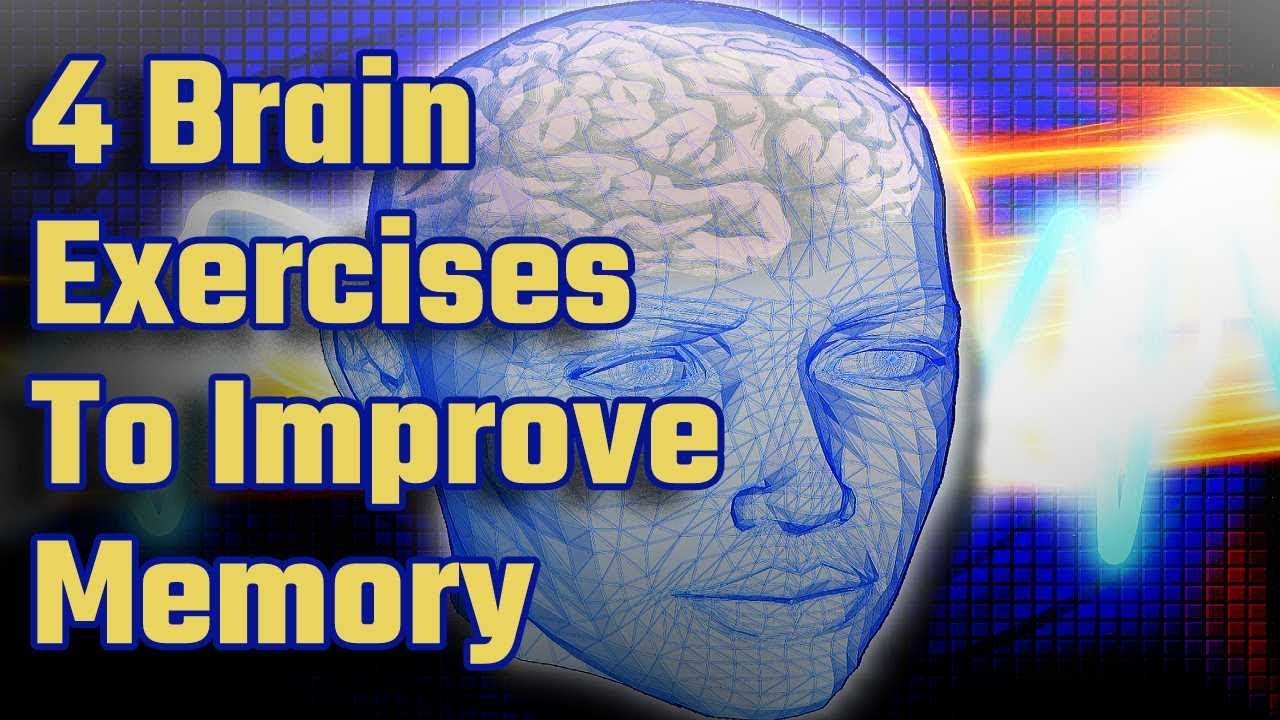Significant memory loss is not an inevitable part of the aging process, especially in the case of long-term memory, so it is important to distinguish between the normal and what is not in case of memory loss and forgetfulness. , to know when to start worrying.
Although many older adults complain of lack of memory and are frustrated not to remember certain things, most of the time these oversights are not worrying; because aging causes changes in memory, which have nothing to do with dementia or Alzheimer’s disease, in fact, with aging there are also physiological changes that can cause failures in the functioning of the brain, requiring us to need more time to learn or remember certain situations (encoding, storing or capturing information).
- The good news is that the brain is able to produce new neurons at any age.
- So significant memory loss during aging is not inevitable.
- Which is that.
- Just as when we lose muscle strength.
- That strength is gradually lost.
- When not used or not trained.
- Lifestyle.
- Health habits and daily activities have a big impact on overall health and brain health in particular.
- Regardless of age.
- There are many ways to improve cognitive abilities and prevent memory loss.
- Practices that contribute to healthy aging and physical vitality also contribute to healthy memory.
Exercise promotes the development of neurons and reduces the risk of disorders associated with memory loss, such as diabetes or cardiovascular disease. It is easier to manage stress, relieve anxiety and depression with exercise, because such activity helps keep the brain healthy.
People who are in contact with family and friends are less likely to experience memory problems than single people who don’t have sex with others.
Social interaction helps maintain brain function by often presenting some mental challenges (remembering important dates or details of your life). In addition, as in the previous case, social life also helps prevent stress and depression.
Consumption of antioxidant-rich foods can control “oxidation” cells, including those in the brain. Foods rich in omega 3 are especially good for the brain and memory.
However, consuming too many calories can increase the risk of memory loss and/or cognitive decline, as well as avoid excessive consumption of saturated and trans fats, which contribute to an increase in cholesterol levels and therefore to the risk of developing cerebrovascular disease.
Cortisol, the stress hormone, damages the brain over time and can cause memory problems. Stress alone can cause memory problems, which is why stressed or anxious people are more likely to experience memory loss and learning and concentration difficulties, regardless of age.
Sleep is necessary for memory consolidation, as well as for the process of forming and storing new memories, which with it can be recovered later.
In addition, lack of sleep reduces the growth of new neurons in the hippocampus and causes problems of memory, concentration and decision-making, and can even lead to a depression that, as we have already mentioned, is another enemy of memory.
Smoking increases the risk of cardiovascular disease, which can cause strokes and thus compress the arteries that supply oxygen to the brain.
Just as exercise helps keep muscles agile, flexible and strong, mental exercise helps keep the brain in good condition.
Some ideas for training the brain may include
? Play strategy games, such as chess or card games; ?Make crossword puzzles and Sudokus; ? It is usually read; ? Learn new things, take courses that interest you; ? Playing a musical instrument; ?Participate in a project to plan (take care of an orchard or garden, for example).
In any case, if memory loss is observed on a recurring basis and for periods that seem long, it is important to consult a specialist who can assess your personal situation.

